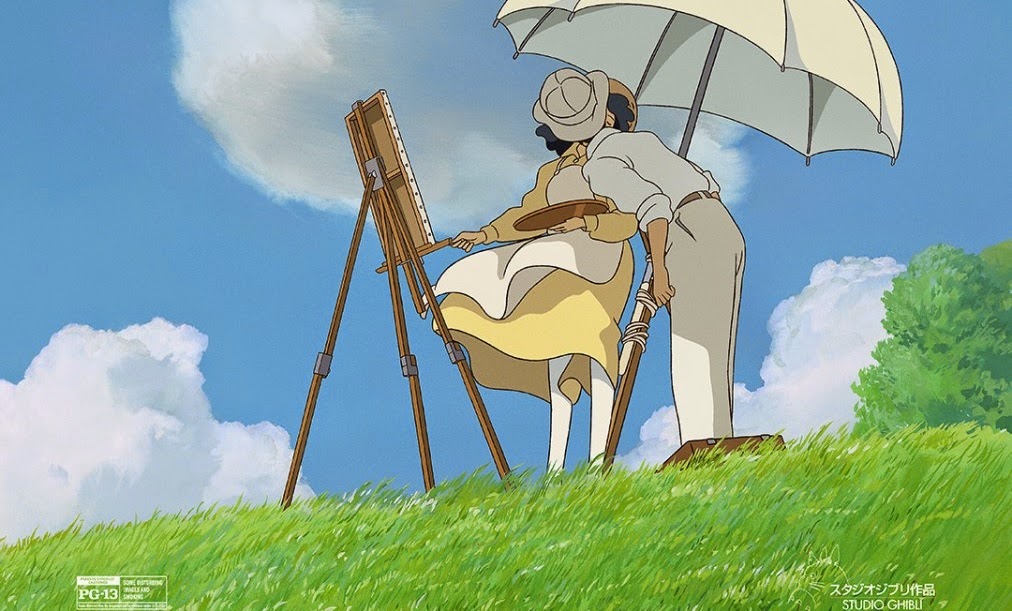The last few blogposts that I have written has revolved around certain characters and the various vices that seem to plague them in films. It’s not too often that a good film comes around with a central character that is entirely free of vices, and isn’t medicated to be that way. For, without things such as vices there typically isn’t any conflict, the one thing a film must have.
The Wind Rises is Hayao Miyazaki’s last film as he heads out to finally retire, and it’s gorgeous. The story follows the life of a Japanese man named Jirô during the times of World War II. He’s an aircraft engineer, in fact one of the brightest. However, he doesn’t let vainglory take over, the first of seven to be completely nonexistent with Jirô. As he travels most of Europe and Asia visiting different airports and airstrips he encounters an earthquake. Jirô, being the calm guy he is does not get upset over the fact that this earthquake will mess up his travel plans, he instead allows any ounce of lurking wrath he possibly had to transform into curiosity as he finds a girl his age named Nahoko that he likes very much. These two eventually return back to their homes and Jirô, being the man he is, repressed any sexual urges, aka lust, ten fold. As Jirô becomes older and smarter he starts gaining more work around the globe, and instead of being greedy and prioritizing his work above all else, he rather prioritizes finding Nahoko again, and he ensures that his work, or a bit of sloth, won’t take over if he does find her. A little later in the film the two finally meet again, but she reveals some bad news that she has a medical disorder that is slowly killing her. Perhaps people in Jirô’s situation would be envious of normal couples, but certainly not Jirô. He loves this girl and would do anything to switch places with her. To finish my post I feel I do not have to explain the ending, plus I really don’t want to spoil it for the few that missed out, so I’ll just end on the fact that he’s not a glutton either. Jirô is far from large and only eats the traditional meals like breakfast, lunch, and dinner. At one point in the film there’s even a question of whether he ate when working so hard, so he most certainly is no glutton.
The film really has nothing to do with the seven vices in Rebecca DeYoung’s Glittering Vices, but I find it remarkable that none of them are apparent in such a great story. It's a shame this film didn't take home the Oscar...

No comments:
Post a Comment